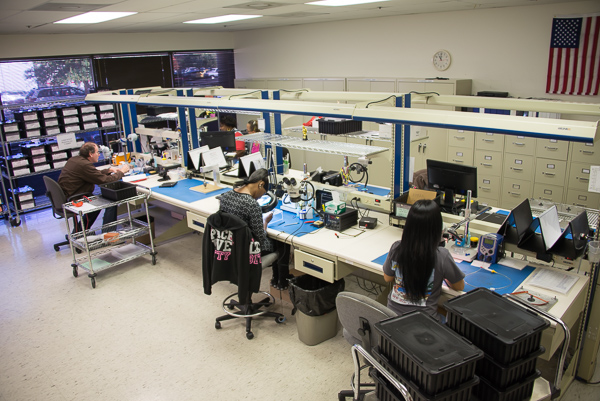What Is A “Hybrid” Supplier?
Over the past several years, the term “hybrid supplier” has become more popular when describing companies that lead their industry in products and services. The term “hybrid supplier” means combining multiple business elements with unique process to create a mixture. A Hybrid Supplier is a company who combines the different business aspects to fill the customer needs under one company. While this sounds like a very attractive business model for a customer to use, it is much harder than it sounds.A hybrid supplier in the electronics industry acts as a manufacturer, distributor, and technical design firm for their customers. The challenge for a company to truly be able to do this is that they need to invest significantly in becoming very good at each one of the three facets. Taking the traditional PCB industry for an example, printed circuit board manufacturers’ who are no longer in business wanted to add distribution to their service portfolio. The problem was that the same people were involved in both sides of the business, so which one took precedence? Did anyone at the company truly know how to manage a global supply chain or was it just because they knew PCB’s and that would be enough? In order to be a great hybrid supplier you must have dedicated and experienced people in every discipline of your business or you are nothing more than a low value add broker.
 |
| Epec's User Interface Engineering and Cable Assembly Facility in Largo FL |
What Are the Key Factors for a Successful Hybrid Supplier:
1. They Act Like A Manufacturer – AT ALL TIMES.
Most hybrid companies manufacture small portions of what they sell at facilities they own. To do so they must invest in systems and people that allow them to respond and react like a manufacturer, even though they don’t own every factory. It is far more than a vendor-customer relationship, and requires the same infrastructure as any manufacturing company. The manufacturing company must be able to employ highly trained product experts, oversee production, engineer custom solutions, and have in-house quality teams at factory locations and in warehouses. Additionally they must have the ability to manage and quickly address customer quality issues through their domestic resources and never have to wait to talk to a “vendor” to get an answer.2. Supply Chain Is A Core Competency.
Too many manufactures’ believe that product knowledge is the only expertise that a company needs to sell a product to customers. Global Supply Chain management is much different than running a production facility. How can the same people do both? Along with supply chain expertise - hybrid suppliers’ contract out manufacturing as needed to the manufacturer that they have approved for the specific type of product based upon the technology, delivery, and quantity. Hybrid suppliers don’t get bogged down by force-fitting customers into their open factory capacity. It may not be best equipped to manufacturer that product. As a result, hybrid suppliers effectively have unlimited capacity and are not handcuffed to specific technology, quantity, or delivery. On top of that, hybrid manufacturers with financial stability are able to hire supply chain professionals and allows them to manage inventory for customers helping their customers be more successful.3. REAL Investment in Technical Support for Their Customers.
Technical and design resources are key for the success of hybrid suppliers as they are basically an extension of their customers engineering department. Traditional manufacturers and distributors have no problem making a product if they are given a perfect specification. Hybrid suppliers on the other hand look to work with their customers at the development level to make a product more manufacturable and cost effective. Whether it is full product design or supplying specific engineering resources, hybrid suppliers have the in-house staff required to provide customers with that level of service. Hybrid suppliers realize the value in helping a customer get to market faster, with lower costs and the best quality product.As more and more companies call themselves hybrid suppliers, customers need to do their homework to really understand if that supplier has invested in the three areas above. It doesn’t need to be in-depth research; it can be something as small as if they manufacture products in China, do they have any employee’s in China? Most companies don’t but they advertise themselves as being experts in China manufacturing but how so? Some companies don’t even deem it important enough to invest in their own people within the facility when the factory is 8,000 miles away.